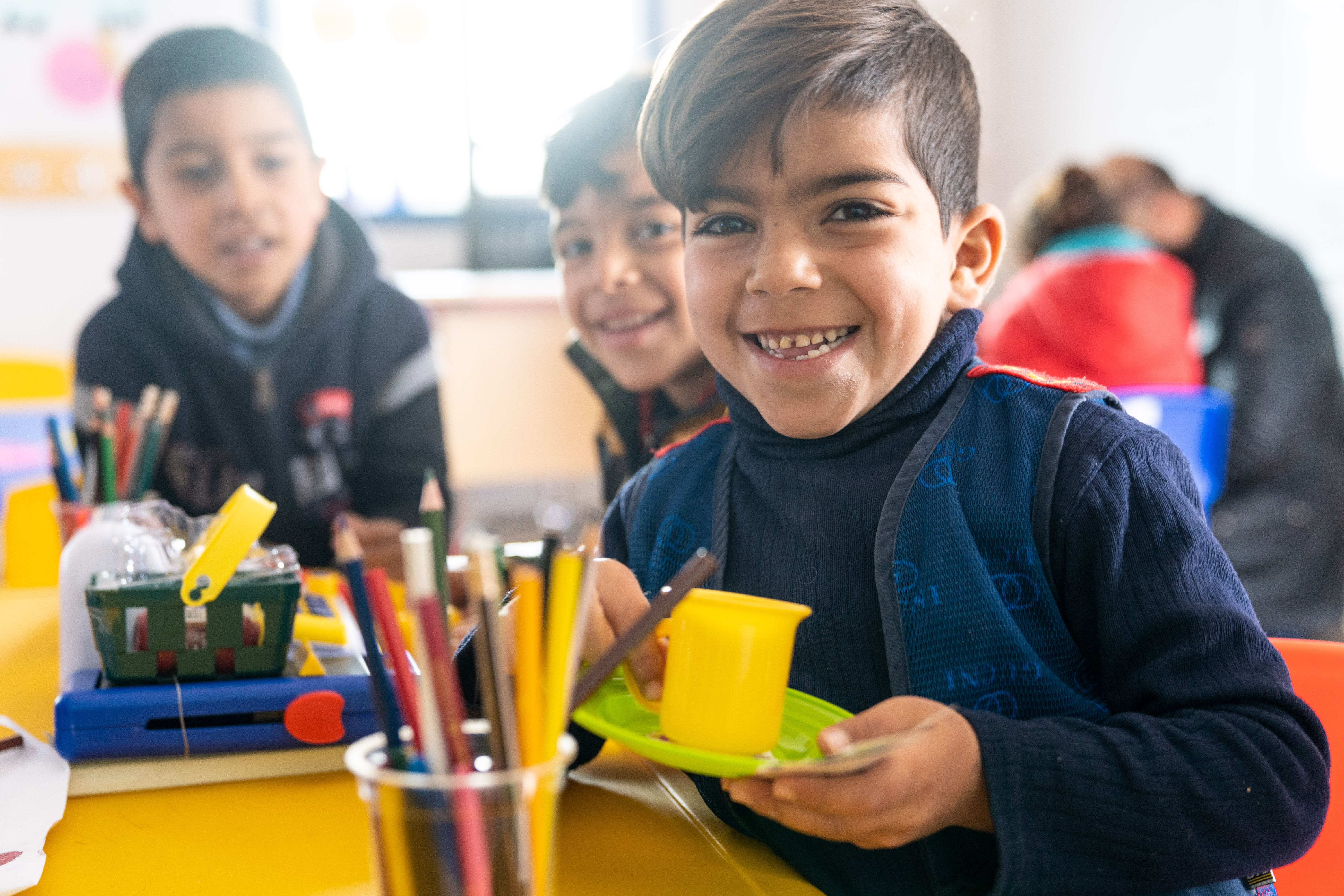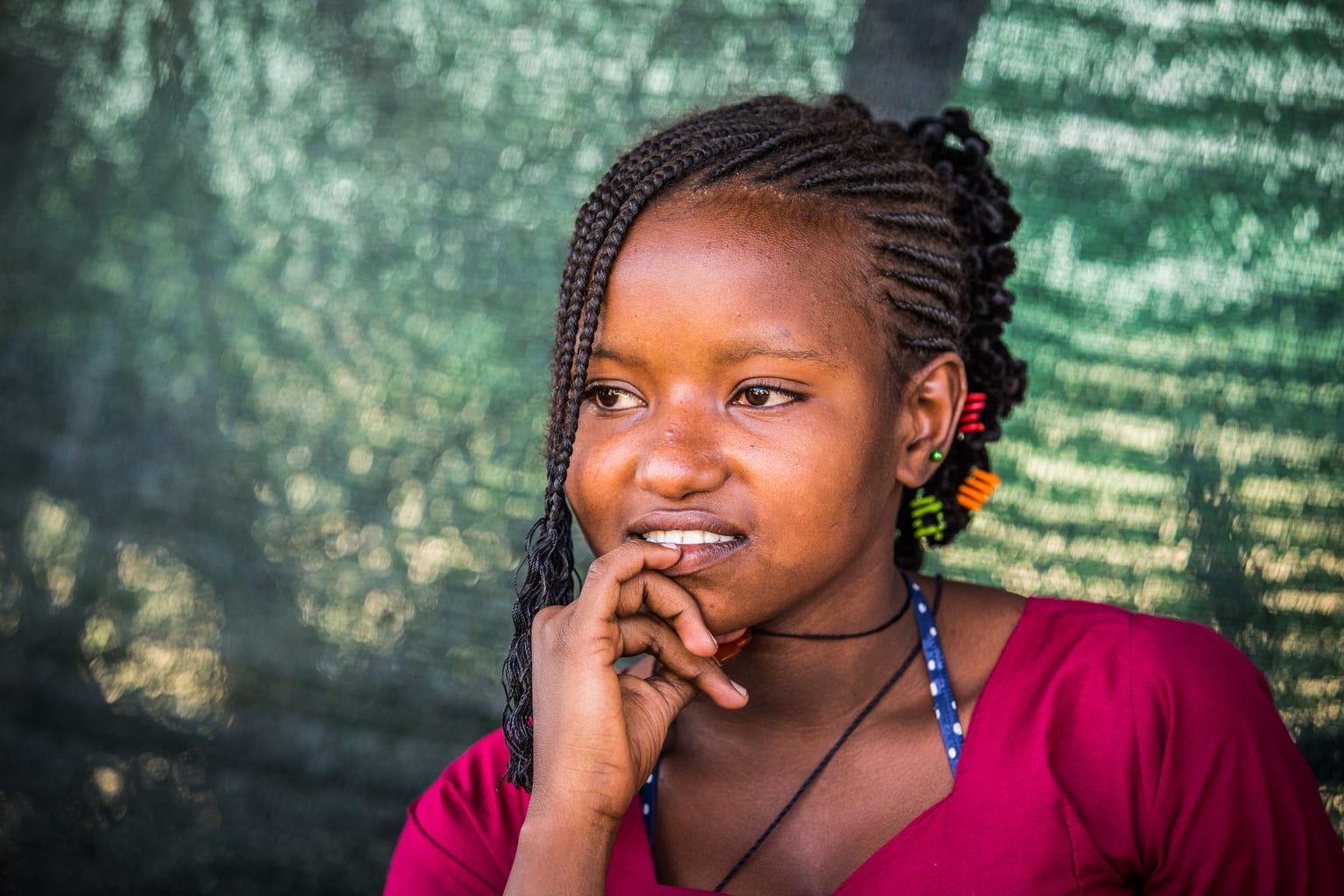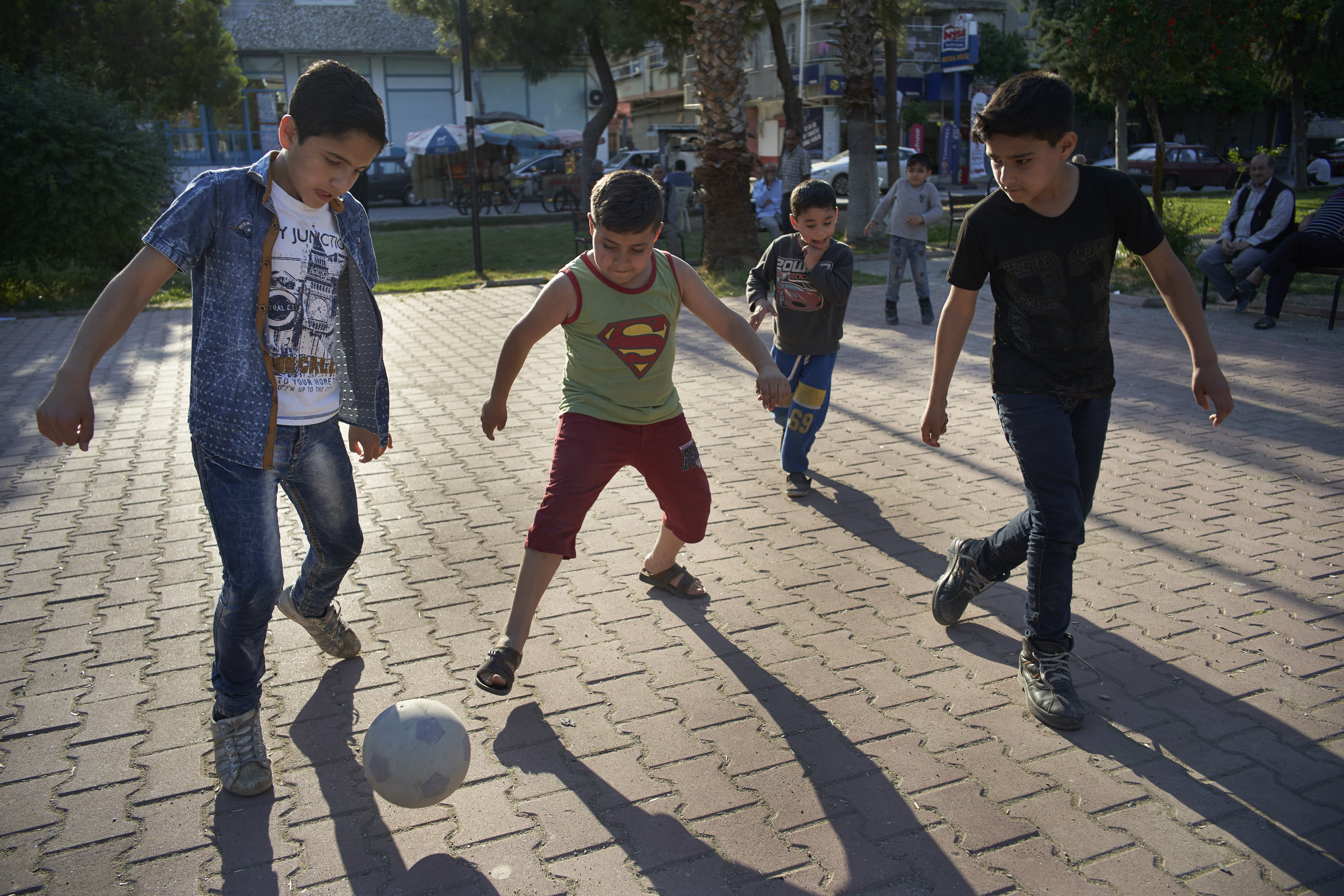
Children are a particularly vulnerable group of migrant and displaced populations, especially under irregular conditions. Basic knowledge about their age, sex and origin are critical elements to fulfill their rights, keep these children safe and ensure their access to services. Yet, data and evidence on migrant and forcibly displaced children as well as on migrants and displaced populations in general are limited. As a result, in 2018 world leaders came together to sign the Global Compacts on Migration and Refugees, committing to improve and invest in the collection, analysis and dissemination of accurate, reliable and comparable data.
This report details the contributions and discussions from the ‘Children on the Move: Building Migration Data Capacities’ expert workshop held in Rabat in March 2019. The workshop was organized jointly by UNICEF, the International Organization for Migration (IOM) and the Governments of Denmark and Morocco to support the efforts agreed upon in the Global Compacts. An international group of experts — including country representatives, UN agencies, NGOs, academics and practitioners — convened to discuss the gaps, needs and solutions with regards to the data and research that can enable the global community to better protect vulnerable migrant and forcibly displaced children.
During the workshop, participants decided to continue their good collaboration to generate better data on children on the move. To this end, it was decided to create the International Data Alliance for Children on the Move, led jointly by UNICEF, IOM, UNHCR and OECD. The Alliance comprises data experts from countries, UN agencies, international civil society, and academic institutions, offering a unique opportunity to strengthen statistics and data on migrant and forcibly displaced children. The Alliance was formally launched in March 2020.


